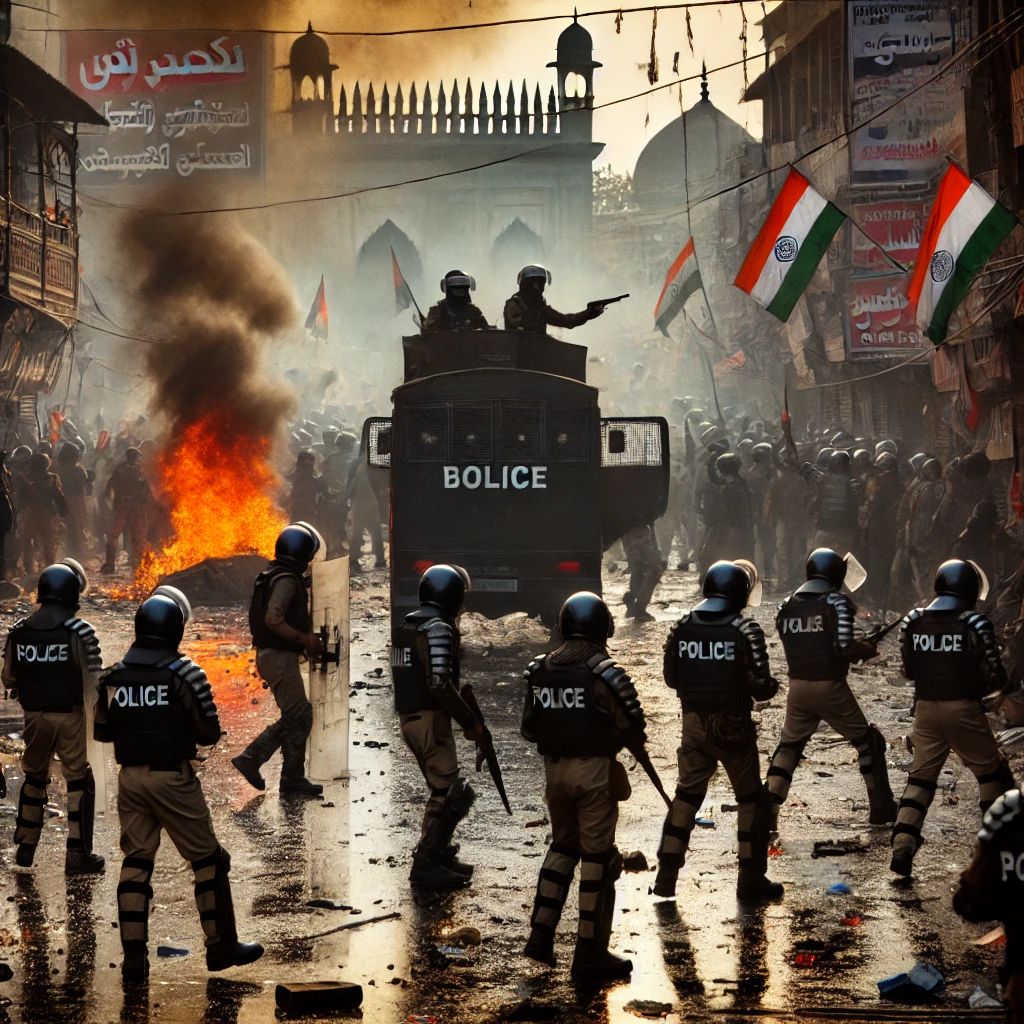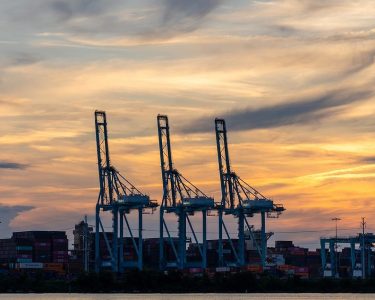Tensions Escalate in Nagpur Following Hindu Nationalist Protest
Authorities in Maharashtra imposed an indefinite curfew in parts of Nagpur after violent clashes erupted between Hindu and Muslim communities. The unrest began on Monday when Hindu nationalist groups staged a protest demanding the demolition of the tomb of Aurangzeb, a 17th-century Mughal ruler.
Violence Leaves Several Injured, Properties Damaged
According to lawmaker Chandrashekhar Bawankule, at least 34 police officers and five civilians sustained injuries during the violence. Several houses and vehicles were also damaged in the clashes. Senior police official Ravinder Singal confirmed that around 50 individuals had been arrested so far in connection with the unrest.
Rumors Spark Clashes Amid Rising Religious Tensions
Maharashtra’s Deputy Chief Minister Devendra Fadnavis stated that the violence was fueled by false rumors claiming that religious texts, including the Quran, had been burned during the protest. The allegations triggered outrage, leading to widespread confrontations between the two communities.
Aurangzeb’s Legacy and Growing Hindu Nationalist Sentiments
Aurangzeb’s tomb is located in Chhatrapati Sambhaji Nagar, previously known as Aurangabad, approximately 500 kilometers from Nagpur. The Mughal ruler is a controversial figure in India’s history, with Hindu nationalists accusing him of persecuting Hindus during his reign. However, historians argue that such narratives are often exaggerated.
In recent years, Hindu nationalist groups have intensified their criticism of Aurangzeb, linking him to religious oppression. Prime Minister Narendra Modi has also referenced Aurangzeb in political speeches, reinforcing sentiments that align with Hindu nationalist ideology.
Bollywood’s Role in Amplifying Historical Divides
The release of the Bollywood movie Chhaava, which portrays a Hindu warrior’s resistance against Aurangzeb, has further fueled tensions. Critics argue that the film promotes a divisive narrative that could deepen religious rifts in the country.
Growing Concerns Over Attacks on Muslim Heritage Sites
Hindu extremist groups have increasingly targeted Muslim places of worship, claiming that several mosques were built over ancient Hindu temples. Many of these disputes are currently being heard in Indian courts.
Last year, Prime Minister Modi fulfilled a long-standing demand of Hindu nationalists by inaugurating the Ram Temple in Ayodhya. The temple was built on the site of the Babri Masjid, a 16th-century mosque demolished by Hindu mobs in 1992, sparking nationwide communal riots.
Rising Religious Polarization in India
Rights groups warn that religious polarization has intensified under Modi’s leadership, with attacks against Muslim communities becoming more frequent. Critics argue that the ruling Bharatiya Janata Party (BJP) has failed to address the growing hostility, while the government denies allegations of discrimination.
As tensions continue to rise, authorities remain on high alert to prevent further violence and ensure stability in the region.







